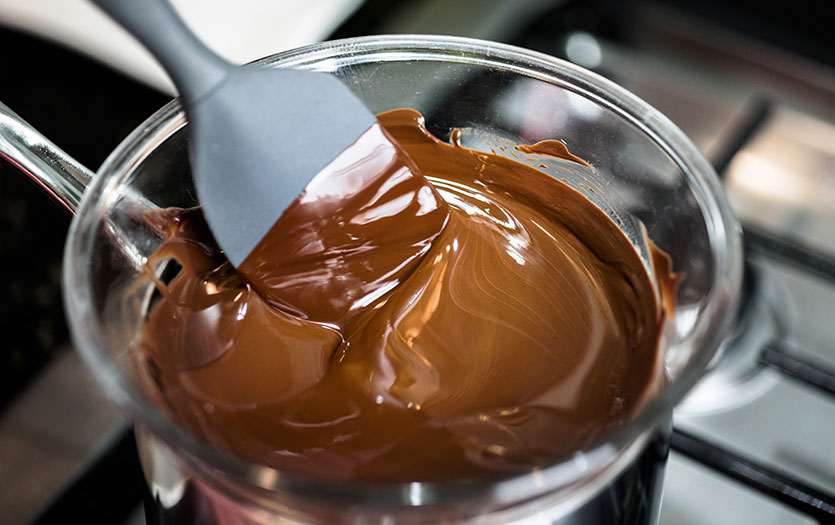
Enjoy this monthly mindfulness post from Dave Johnson, PhD, CNS- BC, LMFT, Employee Assistance Specialist.
“There is something wonderfully bold and liberating
about saying yes to our entire imperfect and messy life.”
Tara Brach
At a workshop I was facilitating recently on holiday stress, a young mother of two small children was near the front of the room listening intently. Her eyes were tired, interested, and eager to embark on a practice of mindfulness. We started the workshop with a gentle swaying meditation, and I gave credit to my obstetrical nurse colleagues for teaching young mothers the benefits for both infant and mother found in the gentle rhythmic flow. I unpacked the definition of mindfulness from a simple dictionary as, “The practice of maintaining a nonjudgmental state of heightened or complete awareness of one's thoughts, emotions, or experiences on a moment-to-moment basis.”
On break, the mom came up to me and explained she has such little time for herself, especially during the holiday season. One thing she noticed was that, in moments of non-doing (that is when she is not trying to accomplish anything productive) she turned to social media and got anxious, trying to fill the space with something.
To her (and many) the idea of practicing the daily ritual of meditation seemed counter cultural to our time-pressured digital age. What impact could intentional anchoring of oneself with the pause of presence have on the internal suffering caused by being too busy and never having enough time?
As I reflect on my own life, I recognize that at various stages I felt (and still do) that there is never enough time. At other instances, I reflect on time and notice how life is a bit of a flash and ponder where did the years go? It seems a bit crazy that I could offer that indeed this process of non-doing or mindful meditation could be an antidote to our confusion and tug-of-war with time. Could it be that well-being and a sense of peace exists outside of one’s perception of time?
Often, year’s end is a good time to sidle up with a soothing beverage, a comfortable setting, and perhaps a journal or pad of paper to reflect. I’ve written about the power of setting intention using pen and journaling in a previous blog and so I capture a few prompts to write or simply ponder around this notion of time pressure and mindful meditation.

Writing prompts
- What is stressful about time, or the perception of time and time-management?
- What does the pressure of time rush feel like inside the body? Where does my body hold it or “keep score”?
- How does this time pressure impact other areas of life (sleep, eating, relationships, fun, spirituality, etc.)?
- What are some of the stressors connected with this sense of urgency and not enough time? Over which of those stressors do you have control? Which mandates do I have no control?
- How do electronics (texting, emails, tweeting, social media) play into this time pressure? Do I feel addicted to my need to share on social media in the middle of savoring moments?
- How can I pace my responses to tons of email from feeling like I’m playing Whack-a-Mole and running faster but sensing I am getting farther behind?
- Am I a type A person with hurry sickness? How does this personality profile lean into feeling irritable, cynical, or competitive? How does asking the question, “Is it worth dying for?” help to transform the pressure?
- How does the sense of hurrying transmit to others such as children or others in my house? Job? Community?
- How did the analog world with natural rhythms of light and dark, Sabbath/ Shabbat /Sabbatical and days of rest get encroached by a world that never sleeps?
- What are my self-expectations and what are we really trying to accomplish? What are my whys?
- How can I live in the now (be mindfully present) more of the time? What am I currently doing on autopilot that when I am truly present to, be a bit transformed?
- If I hurry, can I hurry mindfully? How does this shift one’s perspective?
- What tangibly can be simplified? How is saying NO to additional commitments a powerful ally? What are absolute priorities and what can be let go?
- Resolve? How could I try a mini experiment of 10-20 minutes of non-doing mindful meditation for 6-8 weeks and then compare how this nourishes the timelessness in me? A slowing down or sense of peace?
And so, there it is. I’d like for those reading my blog to consider putting this proposition to the test for your own life. Does an intentional practice (whether it be two minutes, ten, or 40) each day begin to transform the inner experience as well as your relationship with time and feeling pressured? Join me in workshop or a conversation.

Other resources
invisibleInklings.com – Sign up for free monthly word-based mindful healing exercises from Dr. Dave Johnson and Kathy Curtis, healing artist.
For a free 1:1 in person or phone consultation with Dr. Dave or to find out about more on Mindfulness & Stress Management programs, contact the Parkview Center for Healthy Living at (260)266-6500. Dr. Dave also provides on-site guidance for teambuilding and transformational leadership, among other topics. To learn more about Employee Assistance Programs for your company, call Business Development at (260) 373-9013. Mindfulness-based stress reduction (MBSR) practice has been extensively researched and proven helpful for coping with stress and change, grief, healthy eating patterns, pain, anxiety, depression and many other chronic disease and autoimmune disorders.



